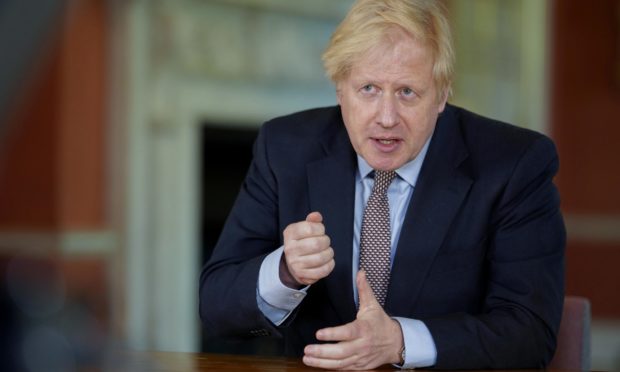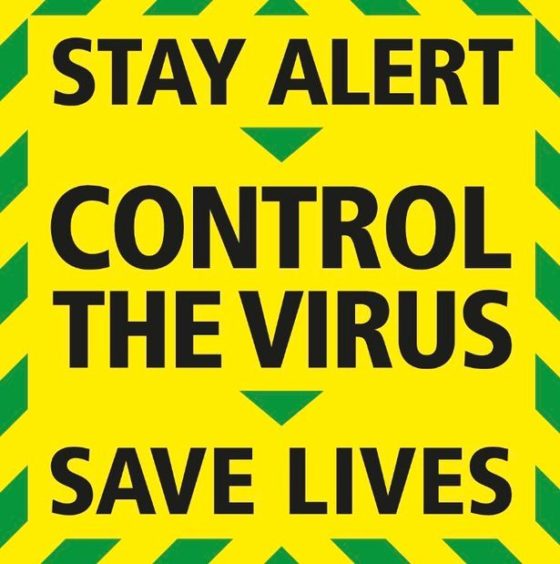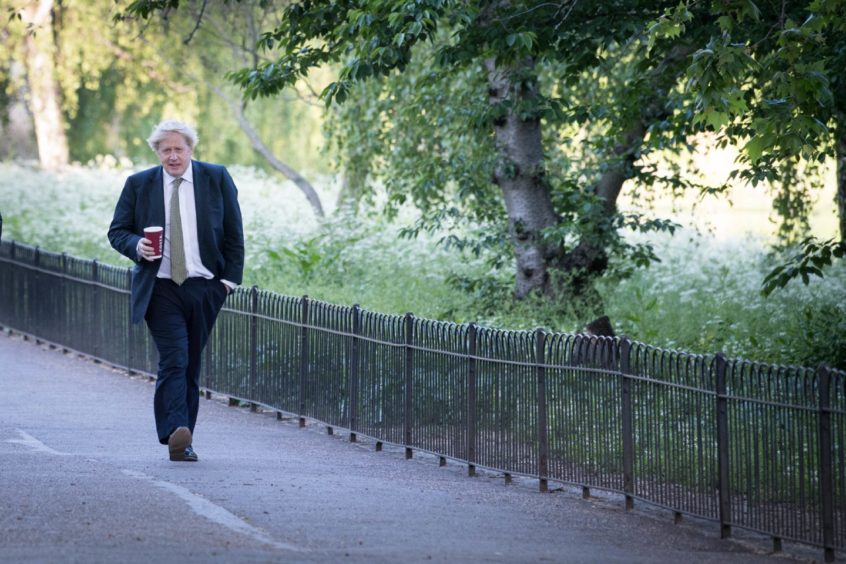People who are unable to do their jobs from home have been urged to get back to work as part of a package of measures to ease lockdown restrictions announced by Boris Johnson.
The prime minister said there would be no immediate end to strict rules designed to slow the spread of Covid-19 and he urged the public to “stay alert, control the virus and save lives” as he announced a “conditional plan” for the coming months.
The plan will apply directly only to people living in England but Mr Johnson said he had reached a “general consensus” with devolved administrations on the way forward – a suggestion which is likely to irk the leaders across the UK.
As part of the measures announced by the prime minister, staff in England will be told to return to their workplaces if they are unable to carry out roles in their own home but have been urged to avoid using public transport wherever possible.
Mr Johnson said that from Monday, “anyone who can’t work from home, for instance those in construction and manufacturing, should be actively encouraged to go to work”.
“We want it to be safe for you to get to work,” he said.
“So you should avoid public transport if at all possible, because we must and will maintain social distancing, and capacity will therefore be limited. So work from home if you can, but you should go to work if you can’t work from home.”
Speaking in an address to the nation, Mr Johnson said the “reasonable worst case scenario” at the start of the outbreak had been 500,000 deaths in the UK.
He said the virus has had a “colossal cost” on the way we live our lives, and many people fear the impact “long period of forced inactivity” will have on their own and their children’s lives in the future.
The UK Government has introduced a five-tier terror threat-style alert system to advise ministers how stringently they should impose restrictions moving forward.
Mr Johnson said the country is currently on level four – the second most serious – but is ready to move towards level three.
He said the “first careful steps” would come into force later this week, including allowing people to spend time outdoors for leisure purposes – as long as they are socially distanced from others.
“From this Wednesday, we want to encourage people to take more and even unlimited amounts of outdoor exercise,” the prime minister said.
“You can sit in the sun in your local park, you can drive to other destinations, you can even play sports but only with members of your own household.”
Mr Johnson also announced the phased reopening of shops and the introduction of some pupils back to school in early June. He said the hospitality industry would begin opening again in July.
However, he stressed all easing of restrictions was subject to keeping the transmission rate of the virus low and could be reversed.
Mr Johnson warned the public must continue to obey rules on social distancing and announced fines will be increased for those who continue to flout the rules.
He said it was “simply not the time” for a wholesale end to lockdown and it would be “madness” to throw away progress and allow a second spike of the virus to take hold.
Mr Johnson said changes to restrictions will be closely monitored at a local, regional and national level and “if there are outbreaks, if there are problems, we will not hesitate to put on the brakes”.
But his announcement was slammed by political rivals for “raising more questions than it answers” amid concerns it may lead to mixed messaging for people living in Scotland, Northern Ireland and Wales.
Scotland’s first minister Nicola Sturgeon said the prime minister must make it clear he is “talking for England” and stressed she is not “encouraging anybody who is not working right now to go back to work”.
Labour leader Sir Keir Starmer said: “What the nation was looking for this evening was clarity and consensus.
“The truth is, the Prime Minister’s statement raises more questions than it answers.
“Those questions need answering if the public is going to have confidence in what happens next.”





